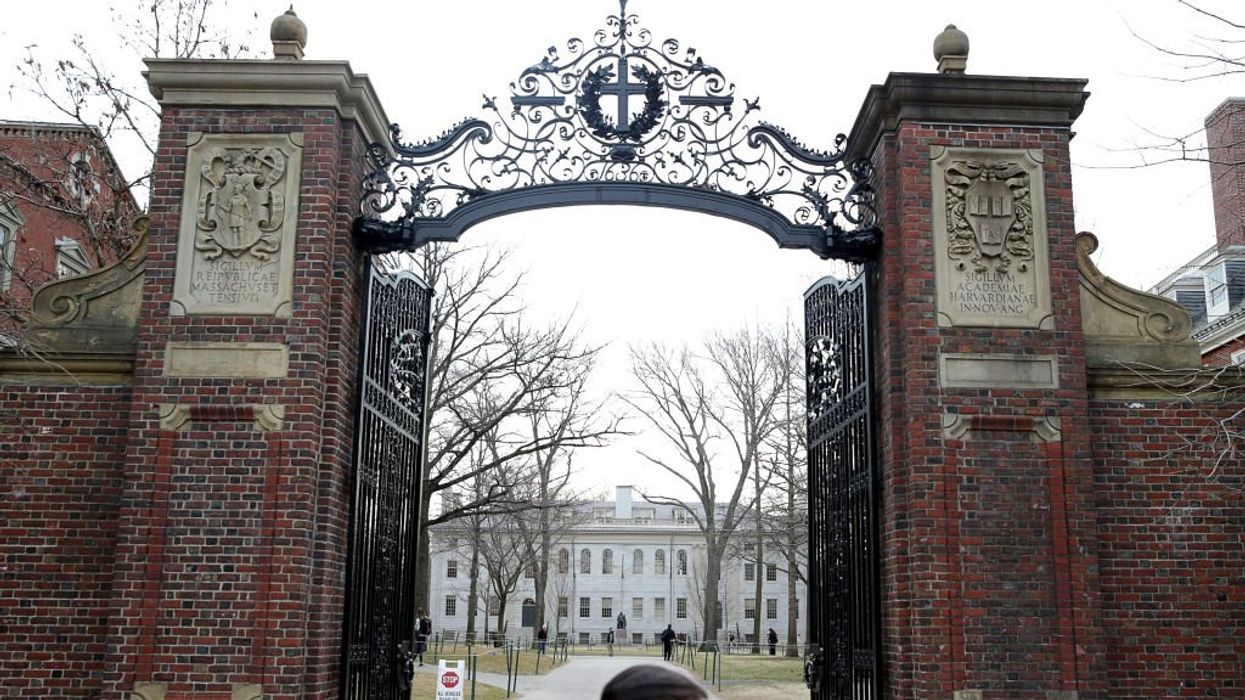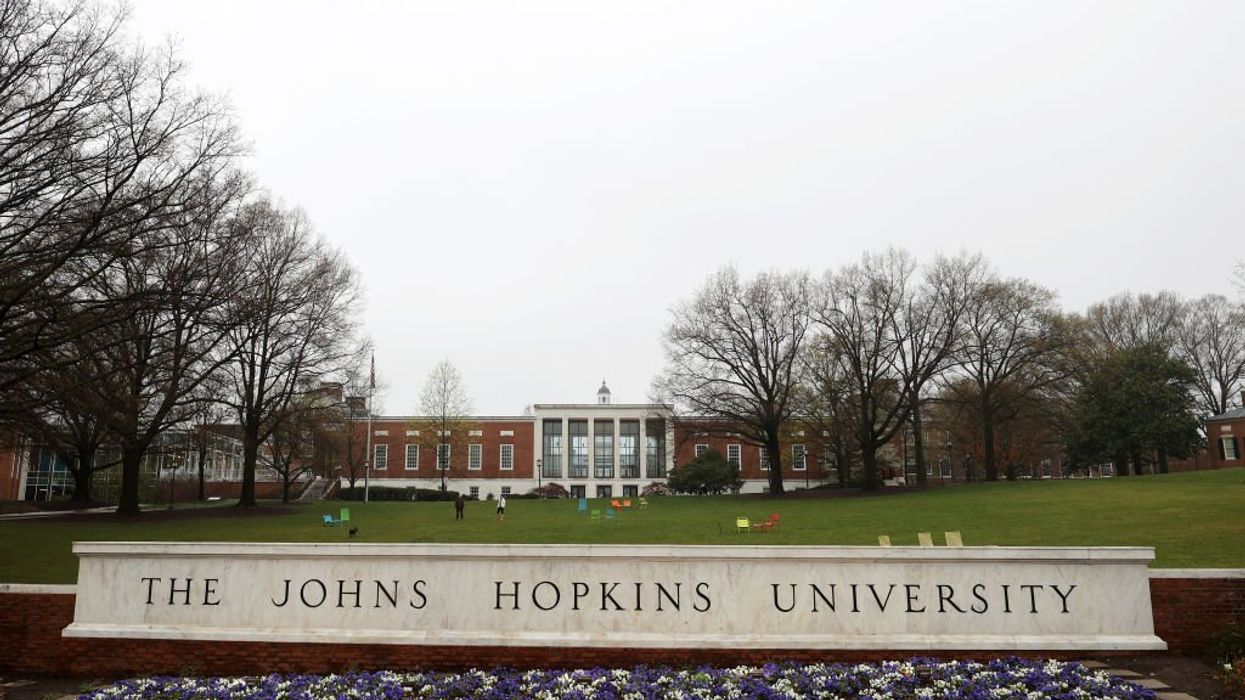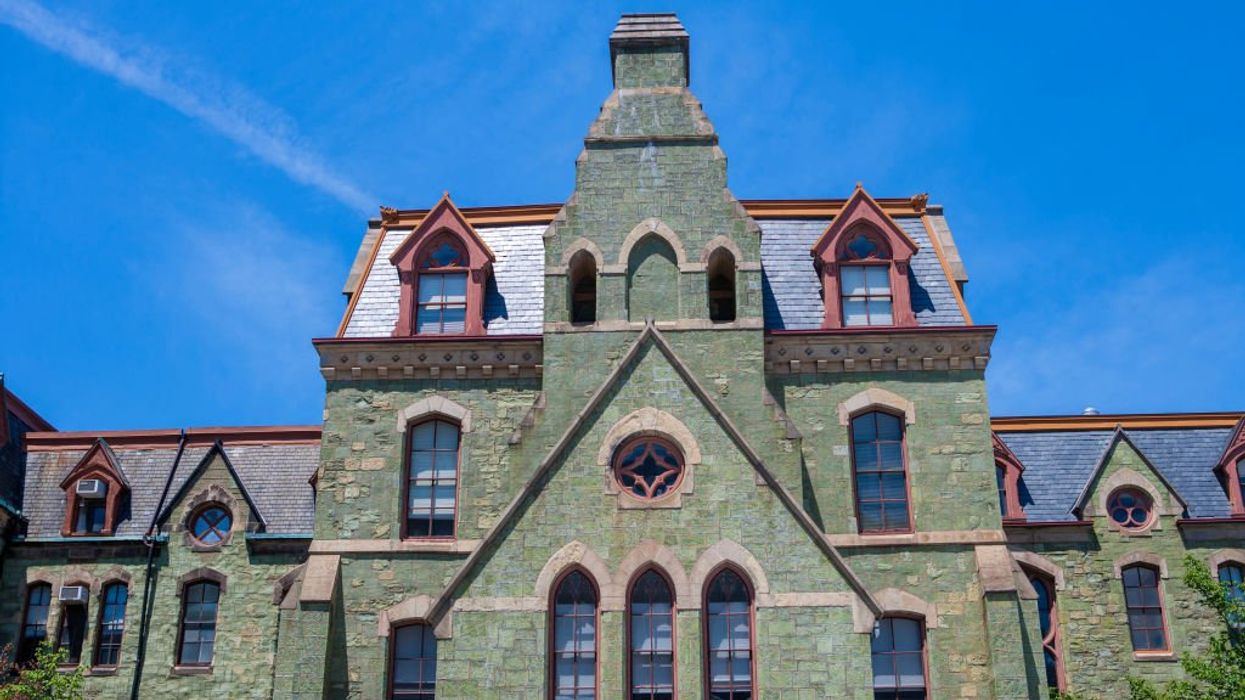Those who listen to Nancy Pelosi, Harry Reid, and Barack Obama most likely believe think that Republicans hate the poor, that people who oppose raising taxes on the rich are greedy and don’t want to help those in need, and those opposed to Obamacare don’t care about sick people - right?
While those are all great surface-level talking points for a Democrat trying to win an election, they’re wildly inaccurate.
The latest in a long line of evidence disproving this comes from a recent study showing that red states give more to charity than blue states:
“It seems those in the U.S. who back Obama for president are among the least generous when it comes to supporting charities.While a recent Democrat ad had a conservative government pushing granny over a cliff in her wheelchair, it turns out Red states, those with a Republican/Independent conservative base, are more generous to charities.
Conversely, the surveys shows those in the U.S. who back Obama for president are among the least generous when it comes to supporting charities according to a new study published Monday.
Eight states that supported Sen. John McCain over Barack Obama gave highest share of their income to charities. Conversely, the seven least generous states went for President Barack Obama in 2008. The study was done by Chronicle of Philanthropy from its latest survey of tax data from the IRS for 2008.
Residents in Utah, Mississippi, Alabama, Tennessee, South Carolina, Idaho, Arkansas and Georgia, all backers of McCain in 2008, gave the most to the needy. Utah topped the charitable list at 10.6 percent of income.
The states that gave the least to charitable causes are Wisconsin, Connecticut, Rhode Island, Massachusetts, Vermont, Maine and New Hampshire – all Obama supporters in 2008.”
This morning on radio, Glenn analyzed this survey from a different angle than most people will.
“The eight states that gave their highest share of their income: Utah, Mississippi, Arkansas, South Carolina, and Georgia, Idaho, what do they all have in common?” Glenn asked this morning.
They’re all religious states.
Glenn reminded listeners that we have a choice: freedom or free stuff. As Americans look at the problems that lie ahead and the choices the tough choice that will have to be made, the places in the country with the most charitable giving are the areas that will maintain freedom.
“You better live around like-minded people,” Glenn told listeners, “because those in New England will be the first to despair. They won't see the charity in their own circle…The states won't be able to take care of it people will have to learn it all over again. They'll have to learn I am my brother's keeper not the government. As these states become more and more desperate they will claw for more and more free stuff which will cause them to be less and less free.”
“I think you should look at this poll in a way of where to live,” he added.
Glenn, who has lived all over the country, most recently Connecticut and New York City, knows first-hand that the south and the mountain west are the places where he is surrounded by like-minded people that take care of each other.
“They will fight the hardest for freedom,” Pat added.
“If you look [at the study], the regions of the country that are deeply religious are more generous than those that are not,” Glenn emphasized. “Two of the top states Utah and Idaho have a high percentage of Mormons, who have a tradition of tithing. And the rest of the top 10 is the Bible belt. That tells you something.”
Not only does this study give insight to where like-minded people are, Glenn noted that it also tells us why Americans should be standing firm for the Biblical principals in America’s founding and not fold to the increasing attacks on Christianity around the country.
A second study Glenn used to back this up is a list put together to help college professors understand the people they’re about to be teaching. The latest is for students entering college this fall – the majority of which were born around 1994.
“Kurt Cobain, and John Wayne Gacy have always been dead. And they have always lived in cyberspace. This one is amazing. I don't know why this is true. The Biblical sources of terms such as "forbidden fruit," ''the writing on the wall," ''good Samaritan," and "the promised land" are unknown to most of them,” Stu read from the list.
The terms from the Bible are what Glenn was touching on by bringing up this list.
“Most of them are no longer being taught the Bible,” he said. “We are not teaching the Bible.”
Glenn noted the ramifications of a generation not understanding the meaning of these terms.
“Forbidden fruit – so in other words something that looks delicious might be delicious to the taste. Might smell good, might seem to be good. It might seem to be good for you, but it's forbidden because it unlocks door you do not want to unlock,” Glenn said. “The forbidden fruit if you can't understand that story of forbidden fruit. How do you teach? There are some things in capitalism you don't go down that road. It might seem like a good deal. The business school doesn't teach this. Do they make money in the end or not. Sometimes it's the forbidden fruit.”
An entire generation was changed by one politicians definition of what sex is just a few years ago with Bill Clinton, it’s concerning to think about the effects these factors will have on this generation on young adults. Looking at the states are Glenn mentioned from the study on charity and the concentration of religious individuals living in them, the growing attack from the media and the far left on conservative Christians is not likely to take the country in a positive direction.
“Think of a society, of what a generation becomes, without these phrases and knowing what they mean.”











